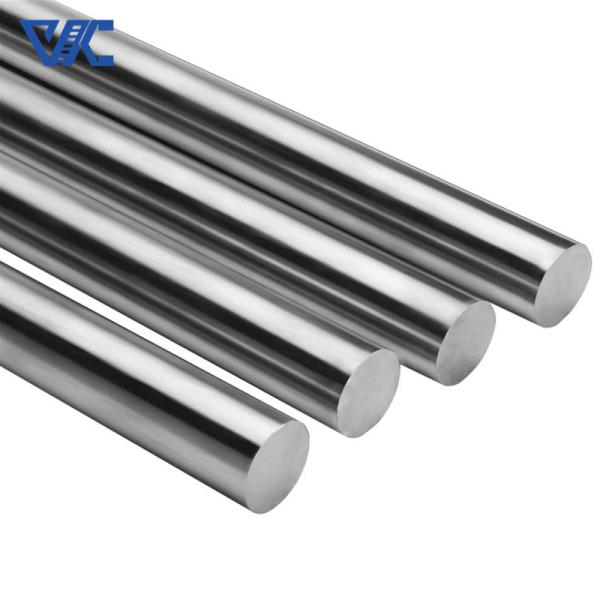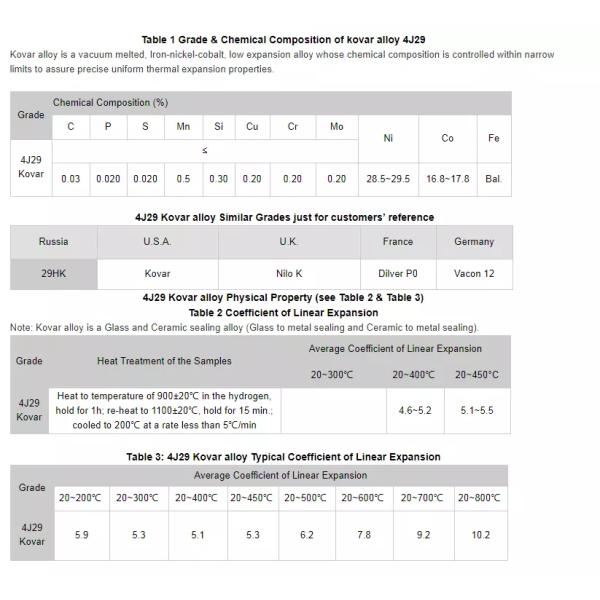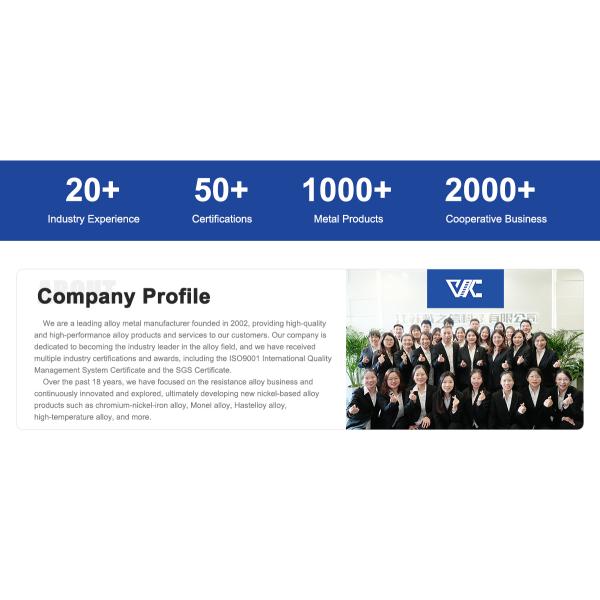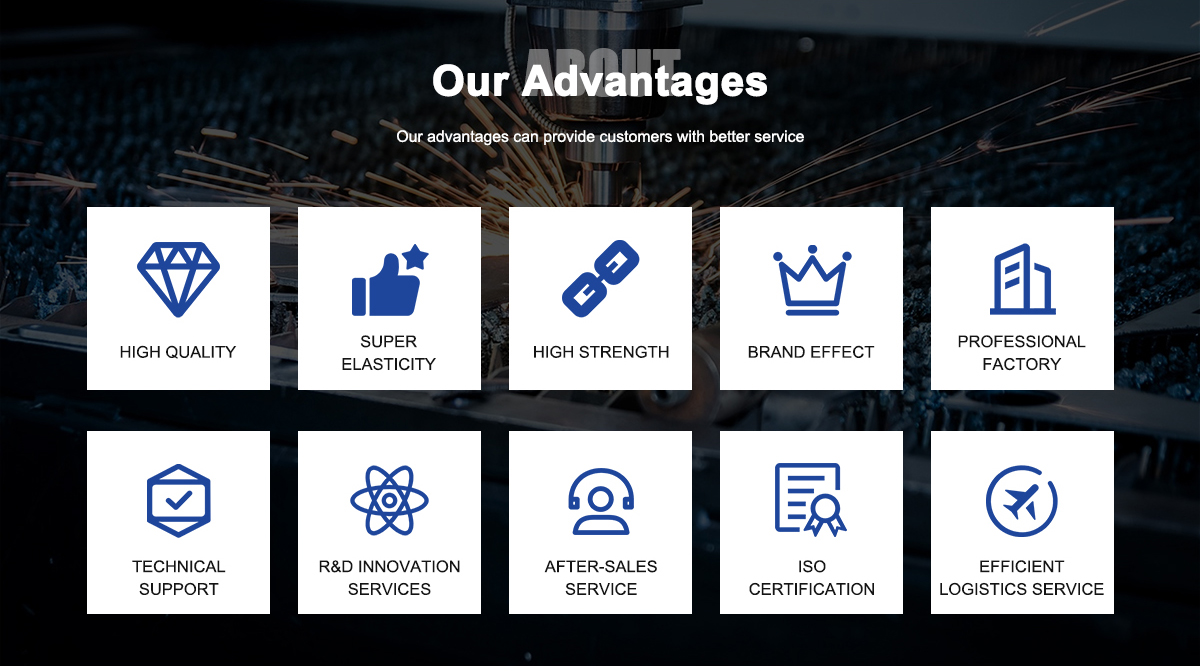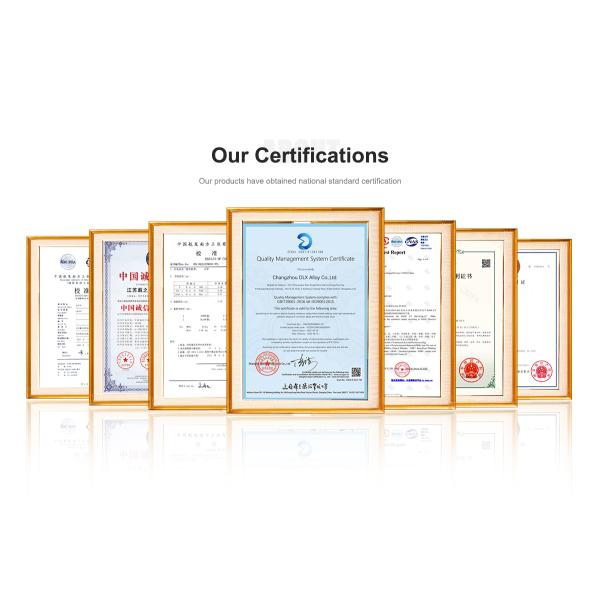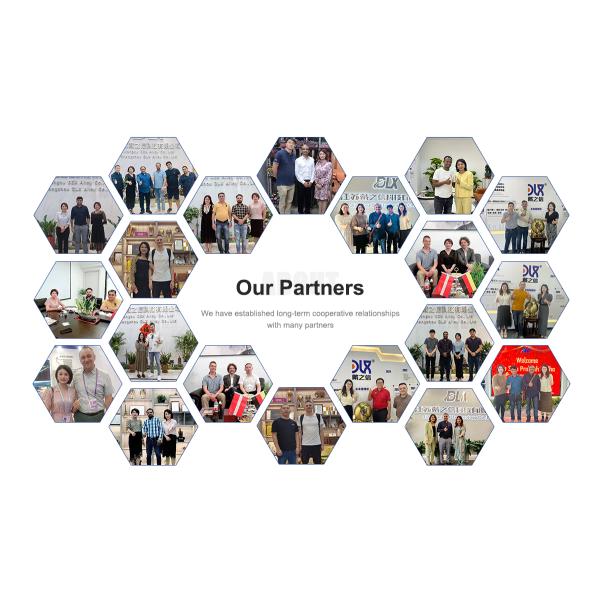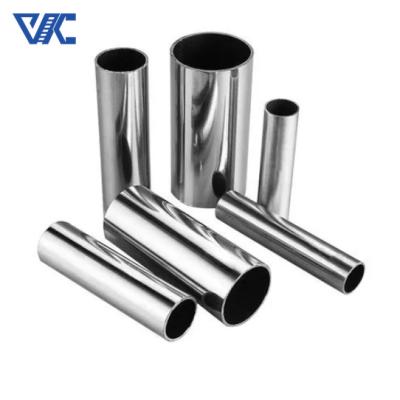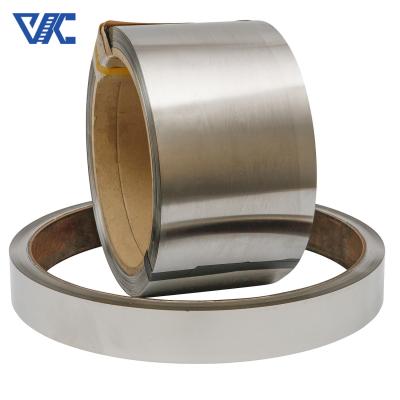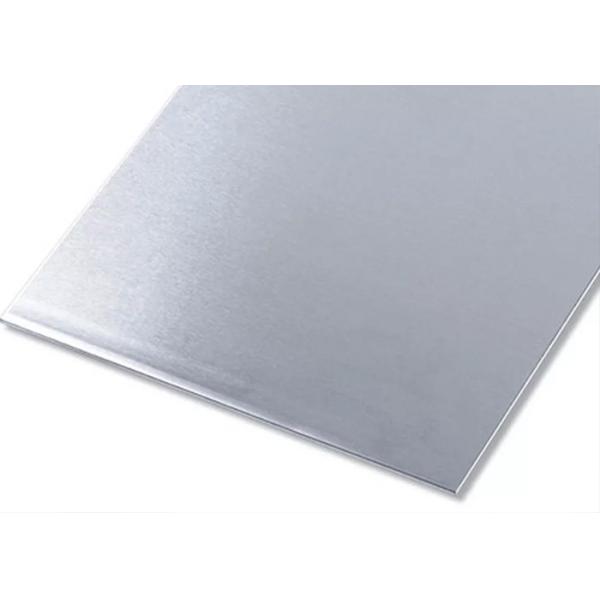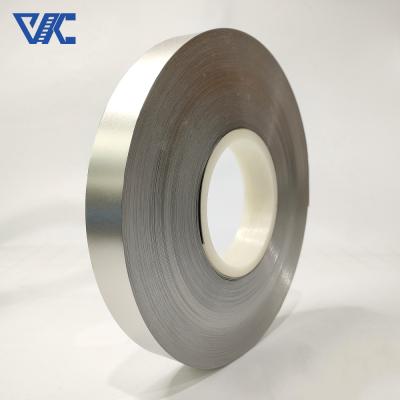1. Electronic device packaging: Kovar is widely used in the packaging of semiconductor devices, integrated circuits, and other electronic components to provide stable packaging and protect electronic components from environmental influences.
2. Optoelectronics: Kovar finds widespread application in lasers, photodetectors, and other optical components due to its excellent thermal expansion coefficient and stability.
3. Aerospace: Kovar is widely used in guidance systems, navigation systems, and other devices in the aerospace field due to its high strength, corrosion resistance, and high-temperature resistance.
In summary, Kovar finds wide applications in the packaging of electronic components or protection of optoelectronic components due to its thermal expansion coefficient that matches that of borosilicate glass.
Apparel & Textile Machinery
(75900)
Building Material Machinery
(55852)
Cleaning Equipment
(104054)
Electronics Production Machinery
(39881)
Energy & Mineral Equipment
(127869)
Engineering & Construction Machinery
(401378)
Environmental Machinery
(35590)
Food & Beverage Machinery
(97353)
Industrial Compressors & Parts
(28499)
Industrial Robots
(3603)
Industry Laser Equipment
(44115)
Machine Tool Equipment
(129643)
Machinery Accessories
(202994)
Machinery Service
(996)
Metal & Metallurgy Machinery
(69132)
Packaging Machine
(102444)
Paper Production Machinery
(29371)
Language
Français
Русский язык
Español
日本語
Português

Show all machinery categories
Apparel & Textile Machinery
(75900)
Building Material Machinery
(55852)
Cleaning Equipment
(104054)
Electronics Production Machinery
(39881)
Energy & Mineral Equipment
(127869)
Engineering & Construction Machinery
(401378)
Environmental Machinery
(35590)
Food & Beverage Machinery
(97353)
Industrial Compressors & Parts
(28499)
Industrial Robots
(3603)
Industry Laser Equipment
(44115)
Machine Tool Equipment
(129643)
Machinery Accessories
(202994)
Machinery Service
(996)
Metal & Metallurgy Machinery
(69132)
Packaging Machine
(102444)
Paper Production Machinery
(29371)


